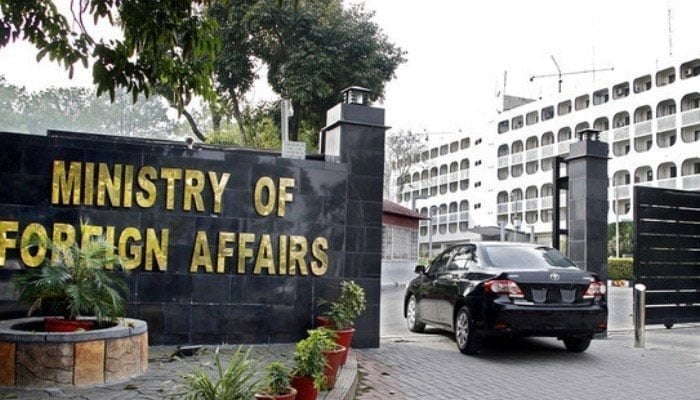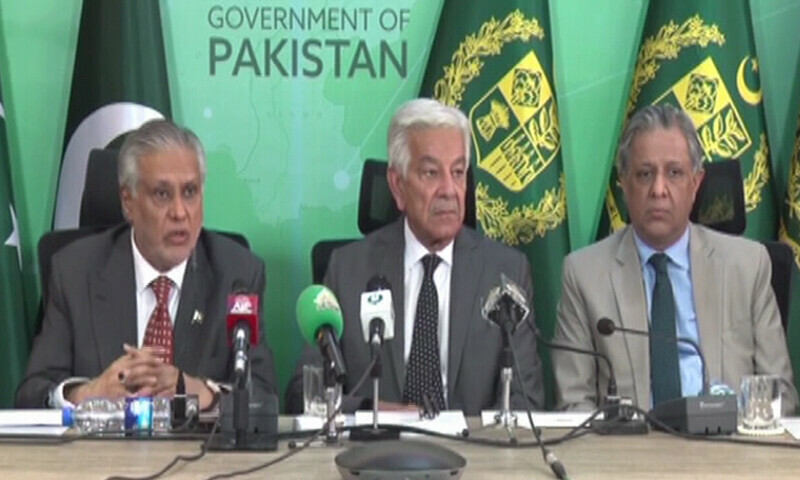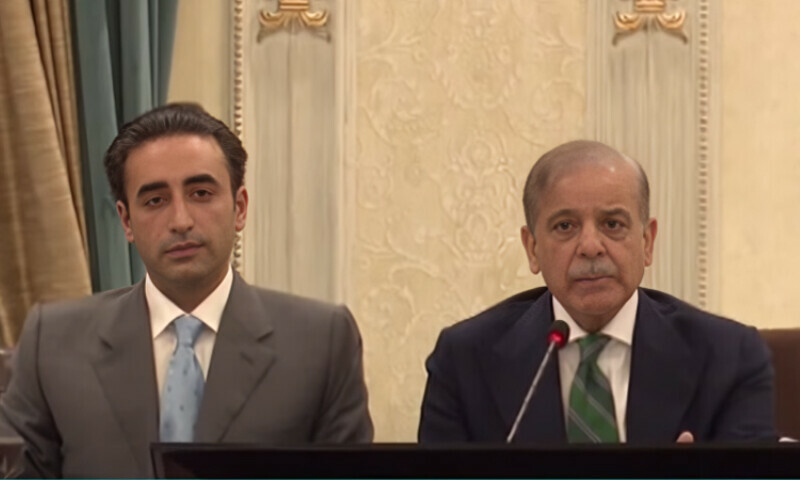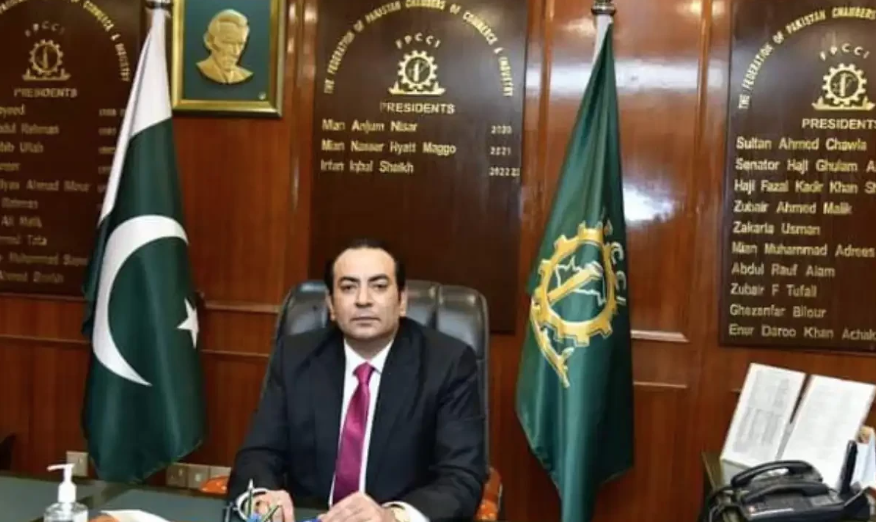POLITICS & POLICY MAKING

Islamabad, April 24: In a major escalation of diplomatic tensions, Pakistan on Thursday suspended trade relations, bilateral agreements, and airspace access for India, following what it called “irresponsible and politically driven” actions by New Delhi after the deadly Pahalgam attack in India-held Kashmir.
The retaliatory measures were announced after a high-level meeting of the National Security Committee (NSC) chaired by Prime Minister Shehbaz Sharif, and attended by top civil and military leadership, including the foreign and defence ministers, national security adviser, and service chiefs.
Backdrop: Pahalgam Attack and Indian Response
The Pahalgam incident — the deadliest civilian attack in Kashmir since 2000 — saw 26 killed and 17 injured when unknown gunmen opened fire on tourists in the scenic town. Indian media reports named an obscure outfit, The Resistance Front, as the perpetrator.
India responded with sweeping and controversial measures, including the unilateral suspension of the 1960 Indus Waters Treaty, a move Pakistan strongly condemned. The treaty, a cornerstone of India-Pakistan water diplomacy brokered by the World Bank, had remained intact through wars and prolonged hostility.
Pakistan’s Response
In a statement issued by the Prime Minister’s Office, the NSC expressed deep concern over the loss of innocent lives but rejected India’s retaliatory measures as legally baseless and driven by political motives.
“These actions are unilateral, unjustified, extremely irresponsible and devoid of legal merit,” the official statement read.
The NSC also accused India of using the tragedy as a pretext to escalate regional tensions and distract from its domestic political challenges ahead of upcoming elections.
Regional Implications
This diplomatic standoff now adds another layer of volatility to already strained ties between the two nuclear-armed neighbors. The decisions are likely to impact trade routes, aviation schedules, and diplomatic engagements, with observers warning of broader implications for peace and stability in South Asia.
The international community, particularly the United Nations and World Bank, are expected to closely monitor the situation, especially in light of the Indus Waters Treaty’s global significance.




